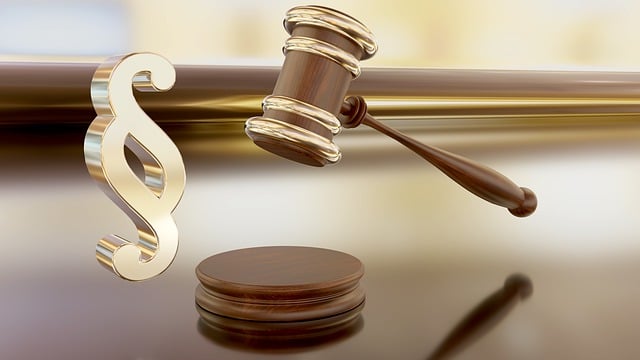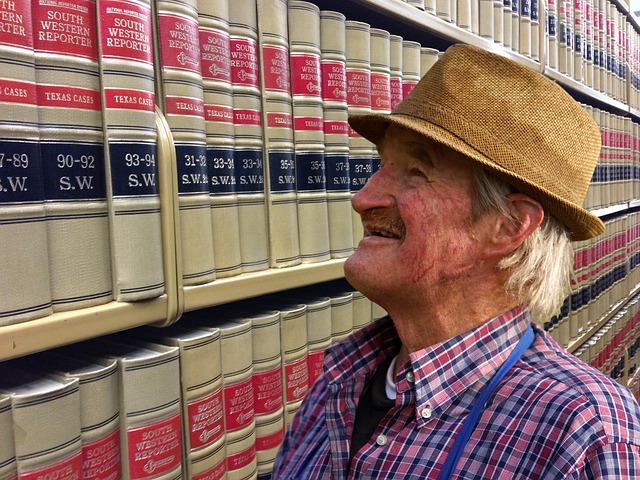Reviewing medical records and reports is essential for building a medical malpractice claim, providing critical evidence of health history, treatment, complications, and negligence. Gathering expert opinions from qualified physicians adds significant weight to the case in court. Meticulous collection of patient history and treatment details, including pre-existing conditions and past procedures, is vital for identifying potential causes of adverse outcomes, especially in elder law cases. Accurate record-keeping by healthcare providers is key for reconstructing events and supporting compensation claims.
When pursuing a medical malpractice claim, gathering comprehensive supporting documentation is paramount. This involves meticulously reviewing medical records and reports to establish negligence. Additionally, expert opinions and testimonies from peers can strengthen your case significantly. It’s crucial to collect patient history, treatment details, and any relevant communications to build a robust legal argument. These steps ensure you have solid evidence to support your medical malpractice claim.
- Review Medical Records and Reports
- Gather Expert Opinions and Testimonies
- Collect Patient History and Treatment Details
Review Medical Records and Reports

When building a medical malpractice claim, reviewing your medical records and reports is an essential step. These documents provide critical insights into your health history, treatment, and any subsequent complications or injuries. Your injury lawyer near me will rely on this evidence to assess the validity of your case and its potential strength in court. In the event of a slip and fall injury or other accidental harm leading to wrongful death, medical records become paramount in demonstrating negligence and causation.
Ensure these documents are comprehensive and up-to-date, as they will form the backbone of your legal argument. Your attorney may request specific tests or examinations to further validate your claim, so maintaining detailed and accurate medical documentation is crucial. This process can be time-consuming but is an indispensable component in pursuing justice for your injuries or loss.
Gather Expert Opinions and Testimonies

When building a strong case for a medical malpractice claim, gathering expert opinions and testimonies is crucial. Engaging the services of qualified medical experts, such as physicians or specialists in the relevant field, can provide invaluable insights and analysis of your case. These professionals can offer their professional opinion on whether the standard of care was compromised, helping to strengthen your argument. Their testimony carries significant weight in court, as it comes from knowledgeable sources within the medical community.
For instance, if you’ve suffered injuries due to a slip and fall incident or are pursuing an elder law case involving neglect, expert opinions can be instrumental. A Miami truck accident lawyer, for example, might collaborate with accident reconstructionists to determine liability in complex cases. These experts can help connect the dots between the initial incident, any subsequent medical issues, and the responsible parties, ensuring your claim is well-supported and compelling.
Collect Patient History and Treatment Details

When building a medical malpractice claim, gathering comprehensive patient history and treatment details is paramount. This includes obtaining detailed records of the patient’s medical history, the sequence of events leading up to the incident, and all subsequent treatments or diagnoses related to the case. These documents can provide critical insights into the standard of care expected from healthcare professionals and help establish whether there was a deviation that led to harm.
In the context of a Miami accident lawyer handling an elder law case, for instance, understanding the patient’s pre-existing conditions, medications, and past medical procedures is essential. These details can reveal potential factors contributing to any adverse outcomes, ensuring a robust case centered on accurate and detailed documentation. Accurate record-keeping by healthcare providers is invaluable, as it enables legal professionals to reconstruct events and argue for accident compensation based on verifiable evidence.
When building a strong medical malpractice claim, gathering comprehensive supporting documentation is paramount. By meticulously reviewing medical records, seeking expert opinions, and collecting detailed patient history, you can create an ironclad case. Ensure that all relevant reports and testimonies are documented to effectively navigate the legal process and maximize your chances of success in any potential lawsuit.






